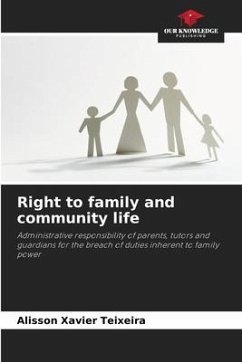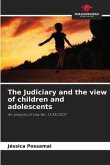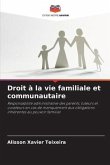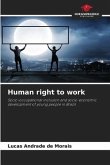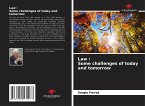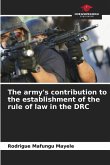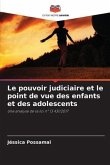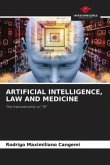This paper undertakes an analysis of the integral protection theory, a theoretical assumption of the current conception of the rights of children and adolescents in Brazil, with emphasis on the right to family and community life. It relates this conception to the purposes outlined for the application of the fine for the administrative infraction foreseen in article 249 of the Child and Adolescent Statute in the light of the integral protection theory. The work aims to study the accountability of parents, guardians and custodians due to the non-fulfilment of the duties inherent to the family power. The study establishes a critical analysis of the concrete repercussion of the application of this fine. The methodology used was deductive, in a theoretical and qualitative research, using bibliographic material and legal documents. As a result of the research it was observed that it is possible to rule out the fine penalty resulting from article 249 of the Child and Adolescent Statute as a way to ensure the best interests of the child.
Bitte wählen Sie Ihr Anliegen aus.
Rechnungen
Retourenschein anfordern
Bestellstatus
Storno

